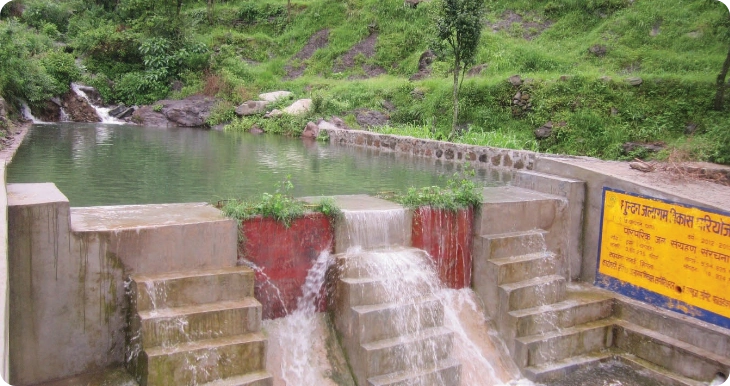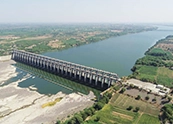4.3 Watershed Development Fund-Building Resilience and Strengthening Adaptive Capacities
Watershed management is a comprehensive approach to managing the land and water resources within a watershed to ensure their sustainable use and health. It involves the coordinated efforts of various stakeholders, including landowners, environmental specialists, and local communities, to address issues such as water quality, water supply, and stormwater management. By fostering collaboration and implementing strategic plans, watershed management aims to balance environmental, social, and economic needs, ensuring the long-term vitality of the watershed.

The Watershed Development Programme of NABARD has benefited communities through soil and moisture conservation, higher productivity, climate proofing, and by providing alternative livelihoods, besides ensuring the security and sustainability of existing livelihoods. For instance - a study evaluating the impact of WDF revealed an increase in agricultural term loans, a doubling of crop loan accounts, and enhanced credit flow in the states where WDF was made available1.
1Source: Annual Report 2023-24.




